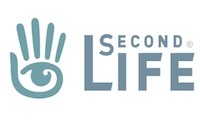
The educational problem that MOOCs could solve: professional development for teachers of disadvantaged students
The demographics of massive open online course (MOOC) analytics show that the great majority of learners are highly qualified professionals, and not, as originally envisaged, the global community of disadvantaged learners who have no access to good higher education. MOOC pedagogy fits well with the combination of instruction and peer community learning found in most […]













